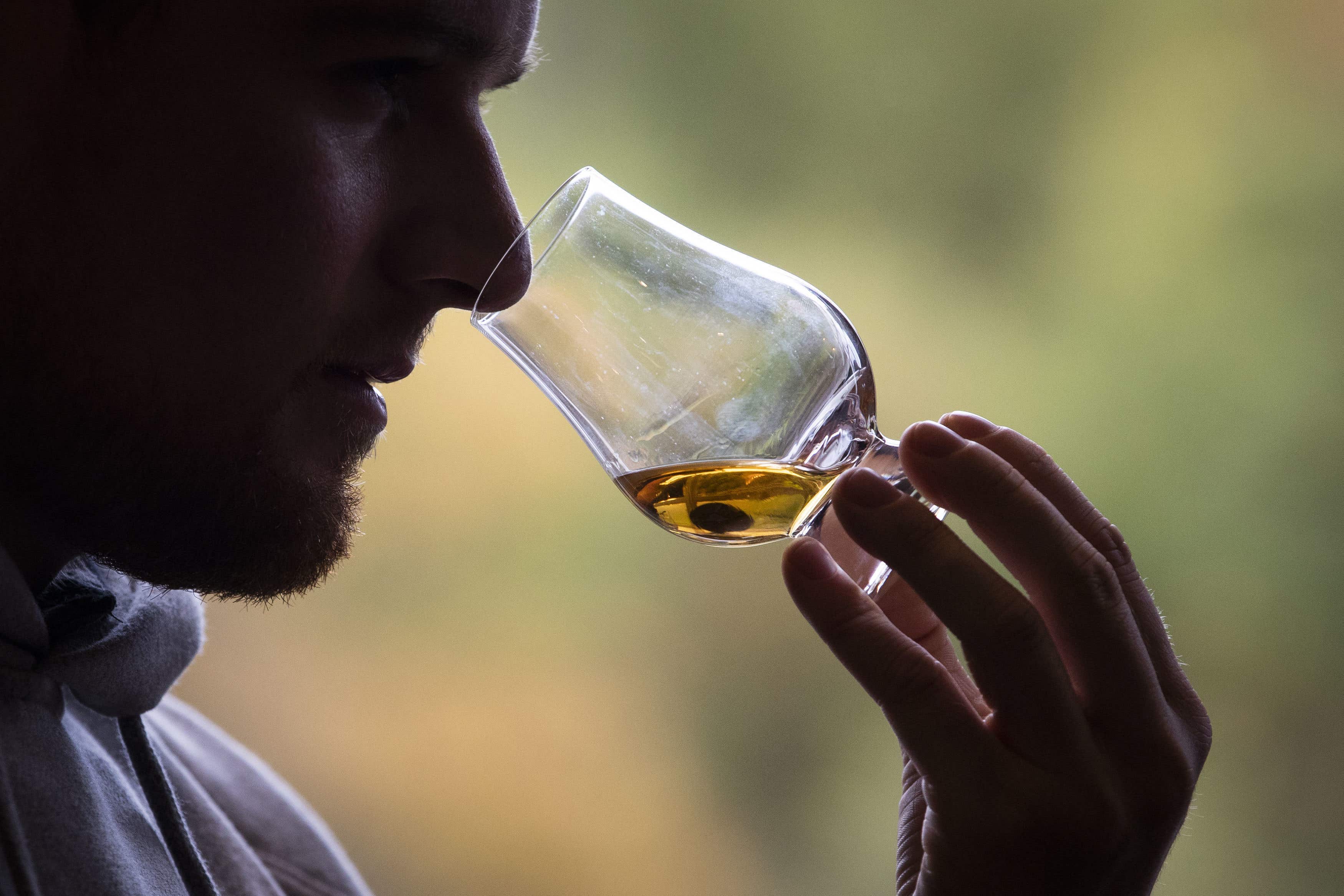Sunak urged to ‘stand firm’ on whisky duty increase
The Scottish Health Action on Alcohol Problems said the tax hike should be a starting point for improving public health.

Your support helps us to tell the story
From reproductive rights to climate change to Big Tech, The Independent is on the ground when the story is developing. Whether it's investigating the financials of Elon Musk's pro-Trump PAC or producing our latest documentary, 'The A Word', which shines a light on the American women fighting for reproductive rights, we know how important it is to parse out the facts from the messaging.
At such a critical moment in US history, we need reporters on the ground. Your donation allows us to keep sending journalists to speak to both sides of the story.
The Independent is trusted by Americans across the entire political spectrum. And unlike many other quality news outlets, we choose not to lock Americans out of our reporting and analysis with paywalls. We believe quality journalism should be available to everyone, paid for by those who can afford it.
Your support makes all the difference.Rishi Sunak must “stand firm” against calls from Scotland’s First Minister to scrap the increased tax hike on whisky, a health expert has warned.
A blanket freeze on alcohol duty comes to an end in August, increasing by 10.1%. All alcoholic drinks will fall under this method except for beer.
The increase will be based on how much alcohol by volume (ABV) a drink has, with alcohol with a higher percentage – like whisky – increasing more.
Humza Yousaf raised concerns over the increase during his first face-to-face meeting with the Prime Minister in April.
But in a letter to Mr Sunak, Alastair MacGilchrist, chair of the Scottish Health Action on Alcohol Problems (SHAAP), dismissed claims the industry is being treated unfairly – instead suggesting the tax rise could be a “starting point”.
The Scotch Whisky Association previously described the rise in duty as a “historic blow” to the industry.
But Dr MacGilchrist said in his letter: “The claims by the alcohol industry that they are being treated unfairly by the duty changes do not stand up to scrutiny.
“I would urge you to use the new duty system and increased rates from August as a starting point from which to aim towards a progressive model where duty is used to both improve public health and to cover the costs of alcohol harms to the economy and public purse.
“Following your recent meeting with Scotland’s new First Minister Humza Yousaf, I am writing to encourage you to stand firm in your Government’s plans to increase alcohol duty in line with inflation in August.”
Following the letter, Dr MacGilchrist said it is estimated that the duty freeze had caused an additional 250 alcohol-related deaths in Scotland.
He also said Mr Yousaf’s stance is “inconsistent” with the Scottish Government’s aim of using minimum unit pricing to reduce alcohol harms.
“Increasing duty and setting a floor price for alcohol should go hand-in-hand,” he added.
Mr Sunak has previously rebuffed the calls to rethink the duty charge, telling the BBC: “If you look at what we’ve done, I think in nine of the last 10 budgets whisky duties have been frozen.
“That means that whisky duties today are the lowest they have been in something like 100 years.
“Whisky duty is at the lowest level it has been at in real terms in about 100 years, as well as the fact we have been able to open up export markets around the world for fantastic Scotch whisky.”
Scottish alcohol policy minister Elena Whitham said: “We’re determined to do all we can to reduce alcohol-related harm – that’s why we have introduced and champion initiatives such as our world-leading minimum unit pricing (MUP). Recent research estimated it has helped reduce alcohol sales to their lowest on record, saved hundreds of lives and is having an effect in our most deprived areas.
“All of us want to reduce the harm caused by alcohol, particularly to young people – without undermining Scotland’s world-class drinks industry or tourism sector.
“The First Minister raised this issue as the UK Government decision threatens investment and jobs, delivering a blow to Scottish businesses which are facing continued difficulties due to the economic uncertainty and ongoing impact of Brexit and energy costs.”